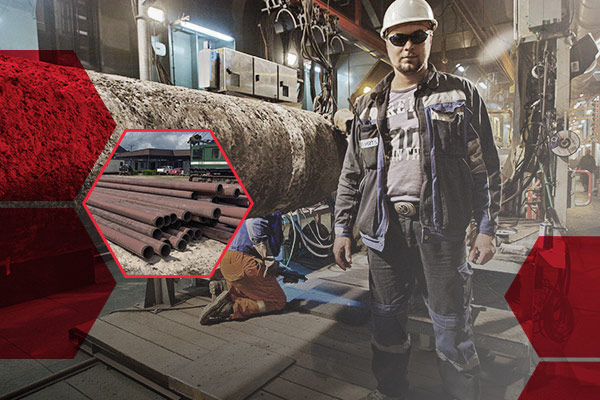-
Course Code
AMPP-016

Advanced Internal Corrosion for Pipelines
- The Senior Internal Corrosion Technologist should have a thorough understanding of electrochemical and corrosion principals, field testing, laboratory analysis, monitoring techniques, and mitigation strategies. They should also be capable of comprehensive environment assessments required to develop and manage internal corrosion control programs, have sufficient knowledge and experience to determine corrective action for high-level internal corrosion problems within a pipeline system, be able to implement internal corrosion integrity programs as directed, and be able to conduct and direct all phases of ICDA.
- The course focuses on data interpretation, analysis, and integration, as well as criteria for determining corrective action for high-level internal corrosion problems within a pipeline system, will be covered in detail. Classroom instruction consists of lecture, group exercises, and cases studies.
Learning Outcomes
- Corrosion coupons
- Electrical field mapping
- Ultrasonic testing
- Linear polarization and electrical resistance probes
- Hydrogen and microbiological monitoring
- Visual Inspection
- Automated Ultrasonic Testing (AUT)
- Magnetic Flux Leakage
- Guided Wave Ultrasonic Testing (GWUT)
- Manual Ultrasonic Testing
- Eddy Current (EC)
- Ultrasonic Testing (UT)
- Radiographic Testing (RT)
- Determine when mitigation is required and the appropriate mitigation methods to utilize including maintenance pigging, physical design changes, and operational modifications.
Determine if internal corrosion exists by evaluating a set of criteria to identify and apply monitoring techniques such as:
Properly select inspection techniques including:
Course Contents
- Corrosion coupons
- Electrical field mapping
- Ultrasonic testing
- Linear polarization and electrical resistance probes
- Hydrogen and microbiological monitoring
- Identify the types of corrosion, influencing key environmental variables, and methods to control corrosion
- Monitor corrosion through devices and tests, including analysis of gas, liquid and sludge/solid samples, coupons, and electrical probes
- Examine exposed surfaces and be able to determine the root cause of corrosion
- Chemical treatment by biocides and corrosion inhibitors
- Facilities maintenance including the use of pigs, clearing drips, and clearing valves
- Internal coatings
- Cathodic protection only for internal protection of tanks
- Facility design considerations
- Perform integrity assessment methods including internal corrosion direct assessment, in-line inspection, and hydrostatic testing
- Visual Inspection
- Automated Ultrasonic Testing (AUT)
- Magnetic Flux Leakage
- Guided Wave Ultrasonic Testing (GWUT)
- Manual Ultrasonic Testing
- Eddy Current (EC)
- Ultrasonic Testing (UT)
- Radiographic Testing (RT)
Determine if internal corrosion exists by evaluating a set of criteria to identify and apply monitoring techniques such as:
Proper selection of mitigation methods such as:
Properly select inspection techniques including:
Determine when mitigation is required and the appropriate mitigation methods to utilize including maintenance pigging, physical design changes, and operational modifications
Our Methodology
- Make coaching and monitoring innovative and using modern
- Media training also using on the go training by using interactive means and focusing on
- The exercises, practical applications and real situations study
- Live delivery method, instructor-led training
- Experienced consultant, trainers, and professional
- Qualified trainer with high-level experience
Attendance Reports
- Send daily attendance reports to training departments
- Send full attendance report to training dep. by the end of the course
- Attend 100 % from the course days also provide daily
- Issue attendance certificate for participant who attend minimum 80% from the course duration
Pre/Post Reports
- Pre- assessment before starting training
- Post assessment after finishing training
- Full report for the difference between Pre-& Post assessment
Who Should Attend
- Candidates will have a firm grasp of internal corrosion and assessment methods, including both direct and indirect methods.
- Successful candidates will also have knowledge of locating internal corrosion damage, system evaluation, and monitoring strategy and techniques.
